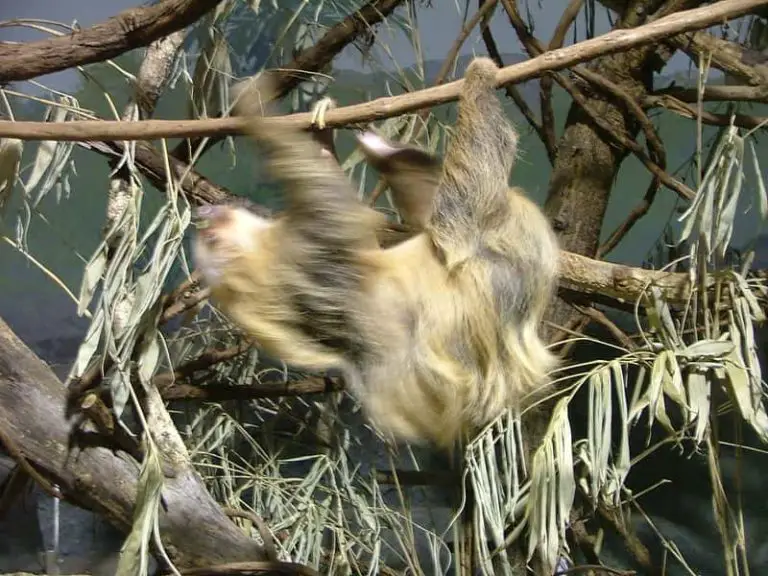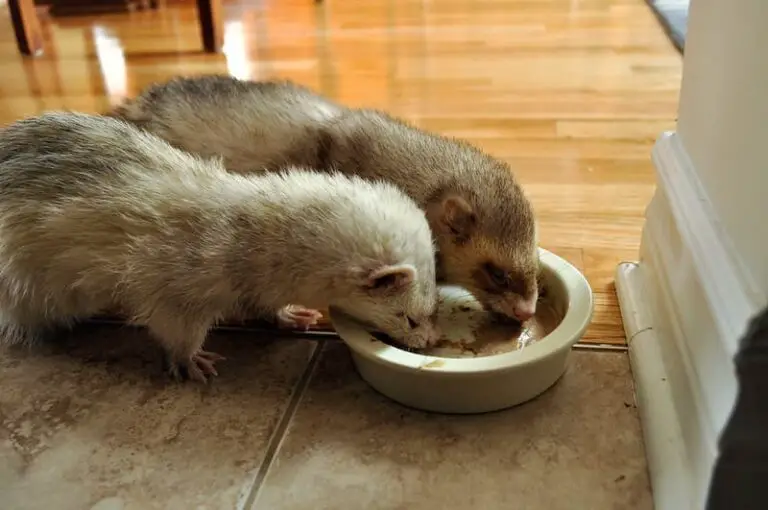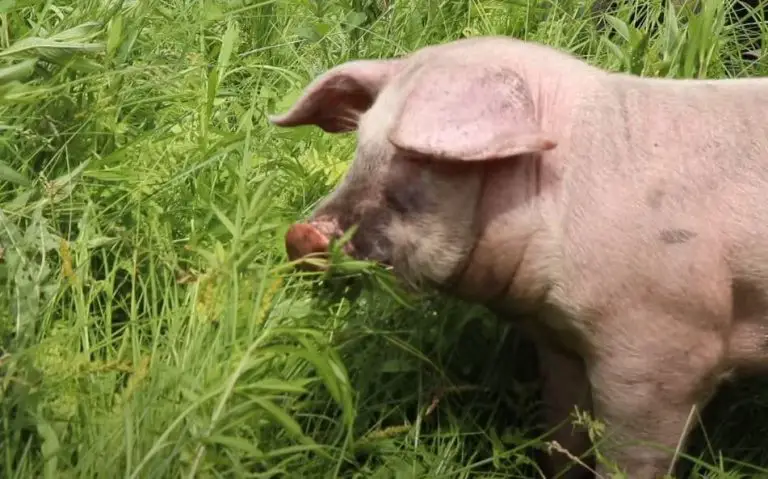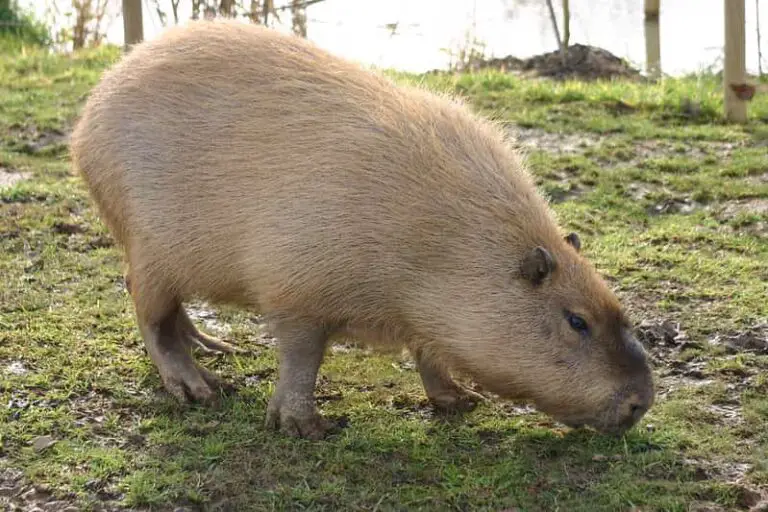Do Rabbits Eat Holly? Are They Toxic or Safe?
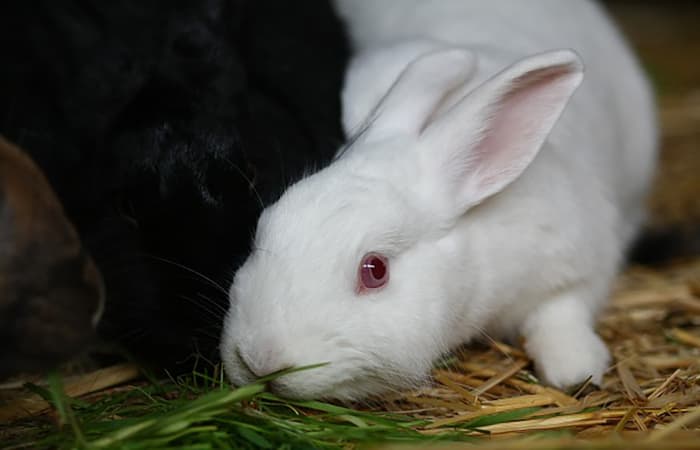
Having holly and animals that like to eat vegetables in the same place may not be a very good idea.
The holly has since ancient times a great use in gardening for its special beauty in the leaves and fruits, besides being an excellent hedge as it tolerates pruning well.
There are many varieties or species with whimsical shapes and colors, particularly in its leaves.
Its traditional and popular use as a Christmas ornament makes it a very popular and traditional plant, but there is the inconvenience that holly fruits are poisonous and toxic.
So if you have a rabbit, and you are thinking of decorating your home or yard with holly, you may already be aware that holly is a toxic plant.
But the concern arises as to whether the rabbit could eat the holly, in general, although rabbits like to chew on almost every type of vegetable and grass, in the case of toxic plants such as holly, their survival instinct with the help of their senses keeps them away from eating them.
Do rabbits know what plants are poisonous?
Knowledge of edible and inedible plants is a mixture of instinct, experience and curiosity.
Over many generations, rabbits have established a reliable knowledge of which plants in their immediate environment are edible.
The mother’s milk already contributes to this: This gives the young animal relevant information about “good” taste notes, which it recognizes when it starts to consume solid food.
A good part of the knowledge arises from observing conspecifics: what the mother likes is also consumed by the offspring and categorized as edible.
In addition, their extremely fine sense of taste and smell help the rabbits to choose fodder plants.
Rabbits are even able to selectively pick up herbs or bark from a range of herbs or bark that have a medicinal effect on certain minor ailments such as upset stomach.
Unknown plants, on the other hand, carefully test the animals with a small test morsel: The potentially poisonous ingredients are then absorbed in the smallest amount, but the taste information gives the animal information about tolerance.
In nature, it is rare for rabbits to be poisoned by plants. However, this instinctive selection does not always work.
In particular, if the rabbit encounters non-native plants that it cannot recognize by evolutionary instinct, it may consume harmful plant material.
Therefore, cultural areas, such as gardens and parks, harbor dangers for hungry rabbits.
How toxic can holly be?
The toxicity of holly is very high. The fruits are very poisonous, some animals may be attracted by their color. Ingestion of more than 20 of them can lead to death.
Effects: Ingestion of the fruits, because of their ilicin content, is very toxic to the digestive system that can produce very strong irritations in the stomach and intestines. Its principles can attack the nervous system and the heart and can cause respiratory arrest or heart problems.
Its resin content can cause obstructions in the digestive system.
Are holly leaves poisonous to rabbits?
I have read about some comments claiming that holly leaves are very nutritious and that they have fed it to their pets.
I am not going to say that I am a veterinary expert, but I did some very thorough research, and the truth is that both holly leaves and berries contain toxic substances and therefore can be toxic to a rabbit.
Specifically, three toxic substances have been identified in holly, ilexanthin, ileicin and illexic acid.
In general, these substances induce vomiting and diarrhea, the specific problem with rabbits is that they cannot vomit and therefore the damage would be severe in case of ingesting a significant amount of holly.
Are holly berries poisonous to rabbits?
The holly berries are the most toxic part of the plant and can be toxic to animals such as rabbits, even potentially fatal to children.
Holly berries contain theobromine, saponin and colorants such as ilixanthin and rutin.
These substances cause purgative effects, vomiting and diarrhea, in small mammalian animals such as rabbits the toxic effect can be very noticeable.
Symptoms of holly poisoning
The main symptoms are:
- Vomiting
- Inability to swallow
- Blurred vision,
- Cardiac arrhythmia
- Respiratory distress
- Seizures
- In more extreme cases, death
Why is poisoning in rabbits so dangerous?
There are situations in which even the pronounced instincts of rabbits reach their limits: If an animal is starved, eats out of boredom due to poor husbandry.
For example, individual housing, or if the plant and feed components are not served raw, but rather heavily processed the absorption of harmful substances is possible.
This applies in particular to added flavorings that confuse the animals’ sense of taste.
Poisoning is also promoted by the fact that, unlike other animals, rabbits cannot vomit, so they do not give up poisonous food ingested by mistake in this way.
If you notice any signs of poisoning in your rabbit you must see a veterinarian immediately – any delay in treatment will make the situation worse and could result in permanent organ damage or death.
However, if the animal is in good overall shape and treated quickly, the chances of recovery are good.


